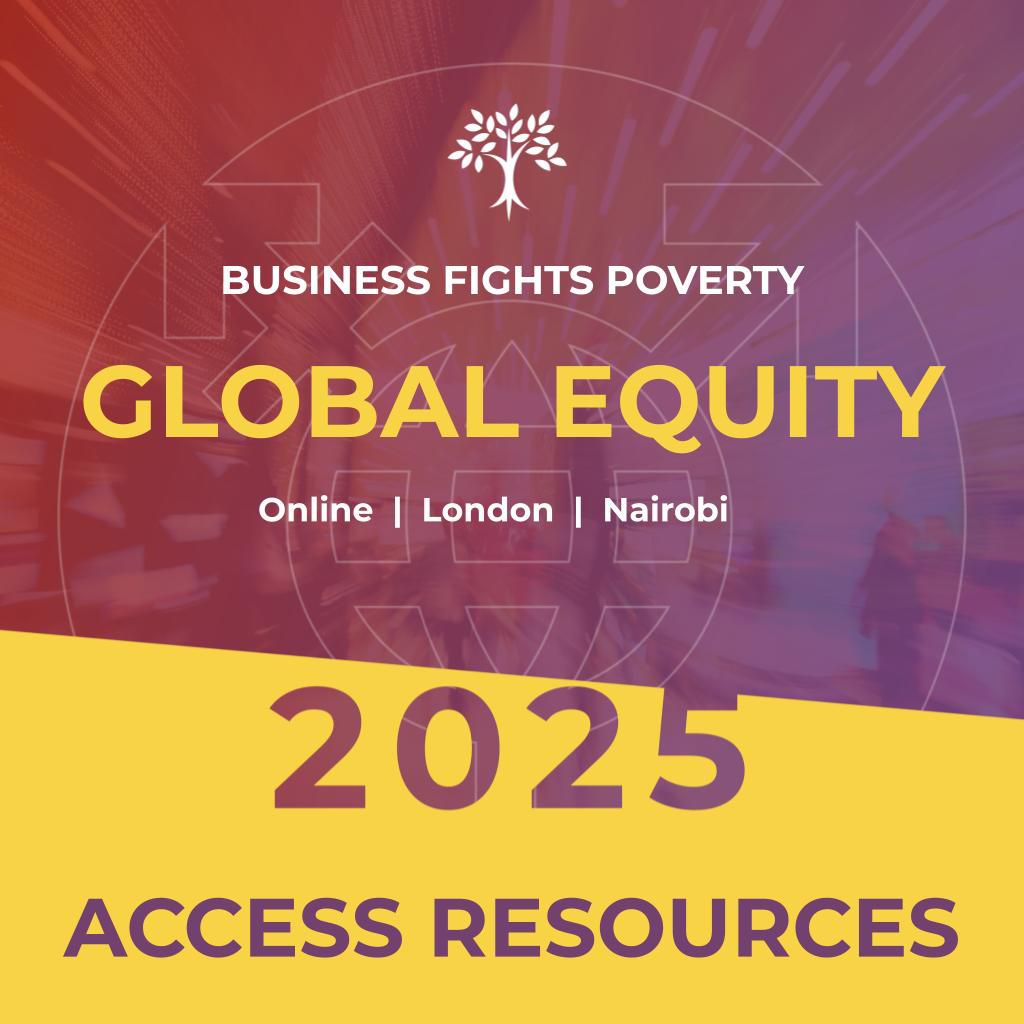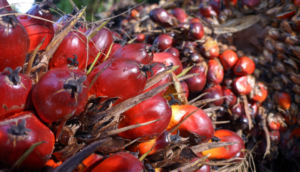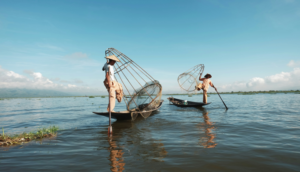At Mondelēz, we know that real lasting change for the better can only happen via cross-sector collaboration and commitment. That’s why, as a founding member of the Cocoa and Forests Initiative (CFI), we are leading the way with ambitious action plans and calling on the industry to do the same, in order to protect and restore vital forests. Our plans focus not only on the CFI focus countries of Côte d’Ivoire and Ghana, but Indonesia too.
As one of the world’s largest chocolate makers, there is no doubt that cocoa is vital to our business, so it’s important for us that it’s made right. Through Cocoa Life, our sustainable sourcing program, we are tackling the issue of deforestation at its root, helping cocoa farmers become more resilient to the impacts of climate change, and allowing them to see farming as a long-term business of choice. This is not a challenge that can be resolved immediately rather it needs deep understanding and long-term collaboration from all parties involved with cocoa at any stage.
The first step in this journey is to take stock of where we are today: to understand where and under what conditions our cocoa is grown. To do this, we have committed to map 100% of the Cocoa Life farms in our supply chain by 2019. Mapping and monitoring farms in this way gives us the knowledge of farmers’ needs and the tools to drive effective change.
Cocoa farmers are at the heart of everything we do, and are key to the protection and restoration of forests. We understand their needs, and the fact that safeguarding their livelihoods is a top priority. Protecting forests must have a value for them beyond the long-term benefit of a stronger ecosystem. That’s why we have introduced Payment for Environmental Services (PES), offering farmers financial incentives for protecting and renewing forest areas.
We know sustainable practices such as agroforestry – the growing of other trees among crops such as cocoa – will bring long-term benefits to farmers. It brings shade to the cocoa tree and helps them become more productive: growing more cocoa on less land. This is essential to avoid deforestation.
The journey to eliminate deforestation is not one that can be done alone: that’s why we involve and empower the whole community to take action. Through Cocoa Life, we create Community Action Plans and run Community Development Committees, which empower communities to develop their own forest protection and restoration plans, ensuring co-ownership and encouraging participation.
We have been fighting to tackle deforestation for years: we were the first company to raise the issue in the cocoa industry in 2015 at the COP21 in Paris, and the first chocolate maker to sign Memoranda of Understanding (MoUs) on reforestation with the governments of Ghana and Côte d’Ivoire. Now, we are not pledging a commitment but an action. And we call on the industry as a whole to stop the talk and move into action with us, and fast. Through decisive, progressive collaboration, we can tackle this issue head-on and protect the livelihoods of our cocoa-growing communities and vital forests.










